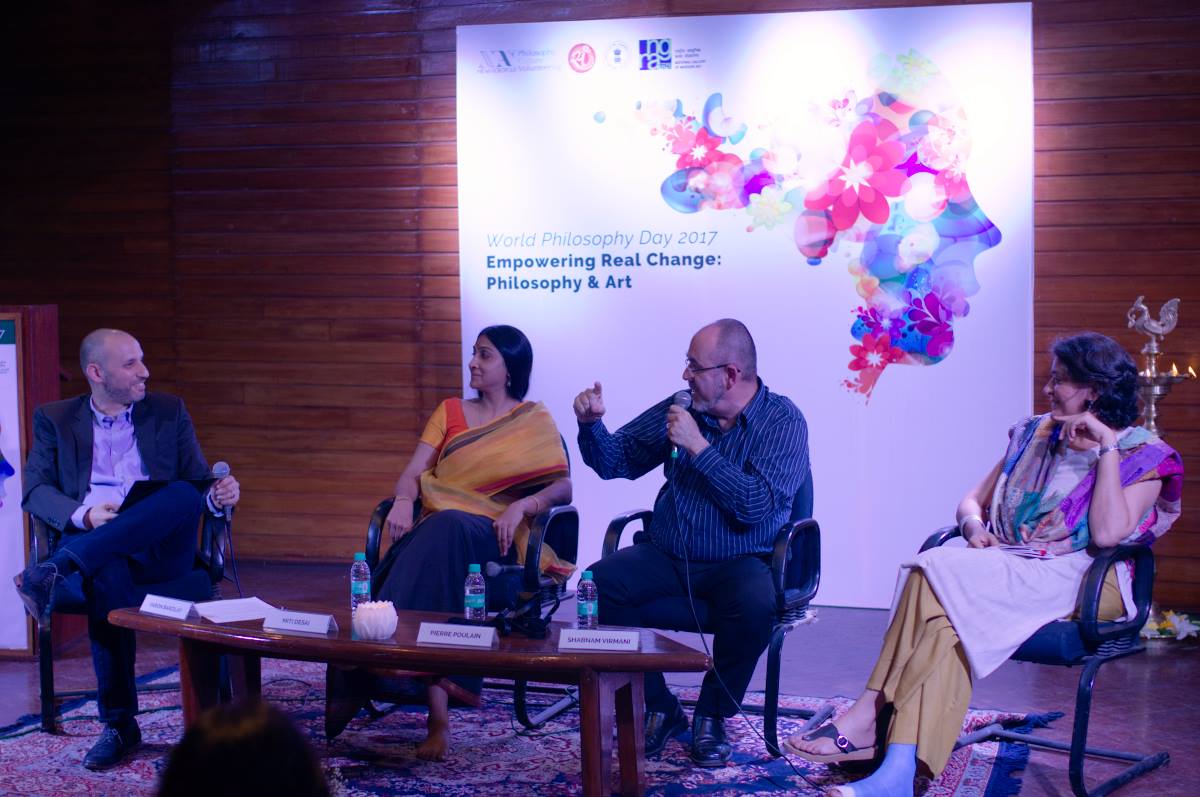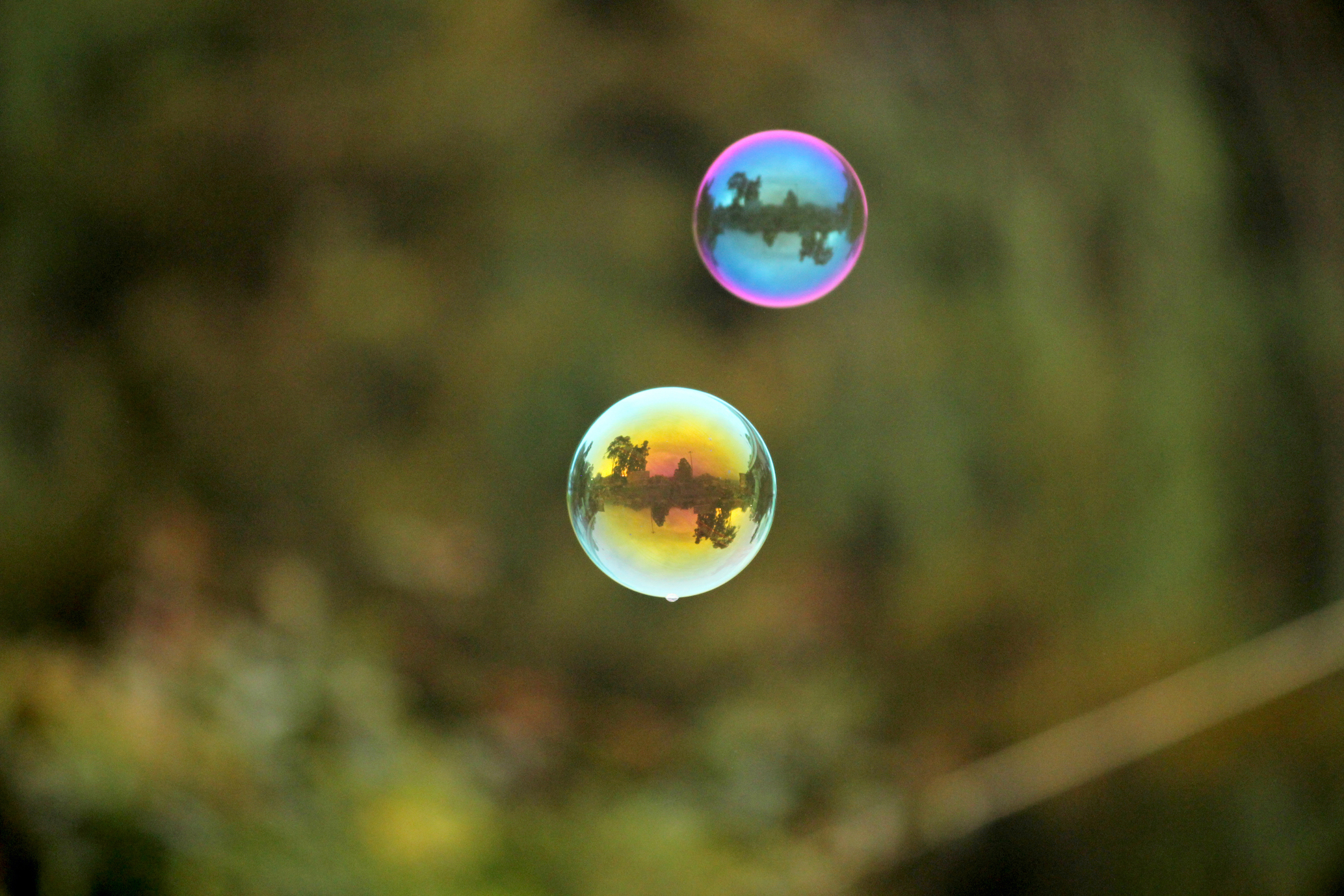A Moment to Stop and Reflect
Article By Ilanit Adar
 This article is a compilation of excerpts from the book A Moment to Stop and Reflect by Ilanit Adar Matoki to be published in Korean.
This article is a compilation of excerpts from the book A Moment to Stop and Reflect by Ilanit Adar Matoki to be published in Korean.
In times when knowledge is very accessible and there exists a flood of information, it is a challenge to acknowledge words of wisdom. The eyes quickly pass over unimportant words in the same manner as knowledge of great importance and value. My purpose here is to revive the words of wisdom uttered by philosophers, scientists, artists and leaders, and to emphasize the practical aspect of universal ideas that are independent of time and place.
It is intended for anyone who has not yet lost his curiosity about life, and still has the desire to live Life fully. The purpose is to allow a space of contemplation and to encourage continued internal investigation that leads back to simplicity and enthusiasm in everyday life.
“Life is really simple, but we insist on making it complicated.” – Confucius
We all want more simplicity in various aspects of life: in our general attitude, in the way we confront difficulties, make decisions, think, feel, etc. Simplicity is connected to happiness, because the conditions of becoming a happy human being are basically few and simple.
So why did Confucius, the great wise philosopher, say that we insist on making our life complicated?
In general we can say that something becomes complicated when we use it in a wrong way, not based on its original vocation. For example: trying to eat a liquid soup with chopsticks. In this case it will take a long time to complete the action, and the result will probably be unsatisfactory.
Sometimes, we behave on an emotional and mental level, in the same way. We try to approach a situation with a wrong attitude, or we try to think about workarounds and complicated solutions, instead of the simple and direct one. There are many possible reasons why we do that. Maybe because we are afraid of people’s reactions or of being different. Maybe because we don’t have enough courage to act on what we believe. Maybe we don’t want to make a mistake, or take responsibility, or maybe because we simply cannot still recognize the simple solution.
Each one has his own barriers that prevent him from being more simple, but the same solution can apply to all. I found this solution in the words of another wise man, Prof. Jorge Angel Livraga: “Be Natural.” To “be natural” is to be who we really are, to follow our authentic role as a human being, as a being in evolution. This means that we can improve ourselves day by day. We can make more effort to see things simply as they are, be less influenced by other people’s reactions, overcome selfishness, be brave enough to protect justice around us, get rid of envy, hate, competitiveness, etc.
In other words, simplicity is one of the human virtues, and as such, if we direct our life towards virtues, we can gradually have a clearer and simple mind, which will influence our whole way of life.
Then, after we find the simplicity within ourselves, we will be able to recognize that life too is indeed simple.
“A person who never made a mistake, never tried anything new.” – Albert Einstein
Have you ever met someone who told you that he doesn’t want to learn anything new? Probably not. Learning is an inherent part of our evolution, and just as we learned to walk and to talk, we continue to develop and learn more sophisticated actions.
As we know, we can’t learn everything in one day; this is why we need a ‘learning process’. A process requires time and a lot of attempts, because when we do something for the first time, we don’t yet have enough knowledge and experience to do it well. What are the chances that we are able to play a beautiful symphony on a piano immediately after having learned its notes? It is not a realistic wish…
It is relatively easy to accept the fact that we make mistakes when we learn something for the first time. The challenge is to accept that the repeated mistakes are made because of the same personal weaknesses. For example: a mistake that repeats itself because of a lack of attention, lack of sensitivity, lack of concentration, etc. In these cases, the need is not to accept the mistake, but rather to learn from it, correct it, and continue.
In that sense, every failure, every mistake, can be an action of success. A success, because we dared to admit the mistake, we dared to overcome a weakness and we dared to learn something important that will help us grow.
And so, if we understand that mistakes are needed, and if we agree to learn from them, why then, are we so afraid to make them? Is it because we want to guard our prestige or the false image of being perfect? Or maybe it is because we don’t like the feeling of disappointment?
Either way, a good solution can be to change our attitude towards the concept of ‘mistakes’. Instead of experiencing them as enemies, we can see them as presents that life gives us, so we can continue to progress. A basic law of life is the law of evolution, which means that everything in nature, including man, is always learning, changing, and moving forward.
Another important thing is that thanks to our mistakes, we can gain more experience, which we can transmit to other people. This is how we can grow together as one humanity. Of course if we want to grow. We need not intentionally look for mistakes. But when they happen, let’s not be afraid, let’s not miss the opportunity to learn something new and move forward.
“He who lives in harmony with himself, lives in harmony with the universe.” – Marcus Aurelius
In Indian philosophy there is a term called Prana-jiva which mean ‘life is one’. Based on this concept, all things in nature, including man, are harmoniously connected to each other, even if we cannot recognize it yet. This term is equivalent to the Chinese concept of the Dao which also refers to a state of harmony between two basic powers of life: Yin and Yang.
When we watch nature with a calm mind, we can absorb part of this harmony; the relationship between the moon and the stars, the mountains and the streams that flow through them, the trees and the animals that play nearby them. It seems that nature is celebrating life through a beautiful harmonious dance.
What about us, human beings? Do we feel part of this colorful dance? Can we feel harmony when our mind is preoccupied with the tasks of the coming day?
What does it mean to live in ‘harmony’?
Some people will say that it is the effort to behave politely and to avoid conflicts with others. Some will say that it is a state of comfortable circumstances without any major difficulties. In these moments, when everything is calm and comfortable, we can definitely feel harmony. But what about other situations, less comfortable, less pleasant? Can we then also experience harmony?
We all want to experience a stable harmony that will not depend on external things; a harmony that starts from within and influences our relationships with others, a harmony that comes from serenity, acceptance and understanding of man’s nature.
Based on the teachings of classical philosophies, the nature of man comprises 3 main parts: physical (body, energy), psychological (thoughts, emotions, fears, etc.) and spiritual (soul). According to the philosopher Plato, for example, if man wants to find harmony and balance, he needs to give the ‘right nutrition’ or the ‘right education’ to each part of his being.
Otherwise, each part will do whatever it wants and cause disharmony. For example: when we have a plan, but we don’t fulfill it because of a psychological barrier. Or when we want to follow in a certain way, but we don’t, because of peer pressure from the society. These gaps in our life create a lack of harmony.
Plato described what each part needs to receive in order to keep the harmony and balance. The body needs exercise and healthy food, so we will have sufficient energy for our daily actions. The psychological part needs art, music, poetry, etc. so that we can experience beauty and inspiration. And the spiritual part needs philosophy! Philosophy, not just as an intellectual study, but as a lighthouse that shows us the right and ethical direction in life.
In our hectic daily lives, it is easy to focus only on the materialistic things that we want to achieve, and to neglect the other important dimension in life. But if we are looking for real and stable harmony, we can’t ignore the needs of our soul.
This harmony doesn’t depend on any external factor; only on our pure will to achieve it. When one experiences it, he becomes the conductor of his own orchestra that plays a beautiful symphony.
“It is noble to aim for a noble goal, whatever the outcome.” – Plato
In our competitive times, in which there is a need for a tool to measure the success of many things, the outcomes have become much more important than the process itself. We have gotten used to evaluating actions based on their results. If the result was good, then it probably means that the whole action was good. And likewise, if the result was bad, then probably the entire action was bad as well. Although this is not always the case, it is the general trend.
But what about the process itself; the process as a series of actions that leads to the result? For example, if someone gave his best to achieve his target, but the results weren’t so good – does it mean that he failed? And in contrast, if someone used wrong means, and indeed achieved his goals, does it mean that he succeeded?
Plato, with the above quote, reminds us that the process itself is even more important than the outcome. Why? Because the process reflects who we are, and what for us, are the things that are important in life.
If noble goals such us justice, sincerity, honesty, friendship, ethics, goodness, etc. lead our life, rather than competition, personal benefits, property, etc., then any one of our actions can be successful, because it depends only on ourselves and on the way we act. In this case, there is a good chance that the results also will be as we expected.
Thus, even if we live in a time in which the emphasis is being put mainly on the outcomes, we can still choose noble criteria to lead our actions, ethical criteria that include the success of the collective, rather than only our own personal benefits. Actually, this is not a contradiction. As the famous Roman philosopher Marcus Aurelius said, “What is good for the beehive, is also good for the bee itself.”
“The whole of life is a long journey and speed is just an illusion; what matters is not the vehicle we are traveling in, but the path we are following.” – Delia Steinberg Guzmán
We all know the wonderful feeling of spending time with the ones we love, when time moves so fast, and we wish that the day would never end. We also know the feeling we have when we do something that is not interesting to us, and time seems not to move at all, every second feels infinite and we just pray that this moment come to its end.
What is time?
Is it something fixed shown by a clock? Or is it our psychological state in a given moment? Is speed an illusion? And if so, why do we give it so much importance?
‘Time’ is one of the mysteries that man has tried to solve throughout history. Even today, with all our advanced knowledge and technology, there are many more things that we do not yet know about time, than the things we do know about it.
But sometimes, even though we have the ability or means to better understand this profound concept, our own experiences are enough to teach us how to deal with it.
For example: when we spend time with people with whom we have mutual interests, when we find enthusiasm in things we do, when we know how to look at the exact same situation from a fresh perspective, when we learn how to rest while we are working, when we have harmonious relationships of mutual trust with people around us, when we act with balance and with more control over influences from outside, etc. In all these special moments, surprisingly, we will have much more time and energy!
In these moments, time does not threaten us or make us feel stressed, but rather becomes a good friend, that gives us many opportunities to experience meaningful and joyful moments.
At such a time, as the quote implies, it doesn’t matter which “vehicle we are traveling in.” The ‘vehicle’ is the ability to do things with various speeds. For example: while one person has the ability to move as fast as a train, another person is as slow as an old car. But, if the train is just traveling fast, without knowing where it is going, the speed become meaningless. Meanwhile, if the old car knows the path and the direction very well, it will arrive at its destination much faster than the train.
In this case, would you prefer the ‘fast train’, or the ‘slow car’?
The best choice is to find our own speed and rhythm, that will enable us to travel not too fast and not too slow, and at the same time to enjoy the journey itself.
Image Credits: By pan xiaozhen | Unsplash | CCO
The entity posting this article assumes the responsibility that images used in this article have the requisite permissionsImage References
By pan xiaozhen | Unsplash | CCO
Permissions required for the publishing of this article have been obtained




What do you think?